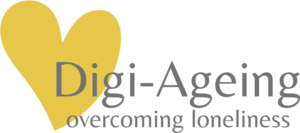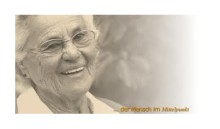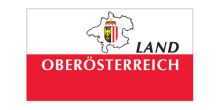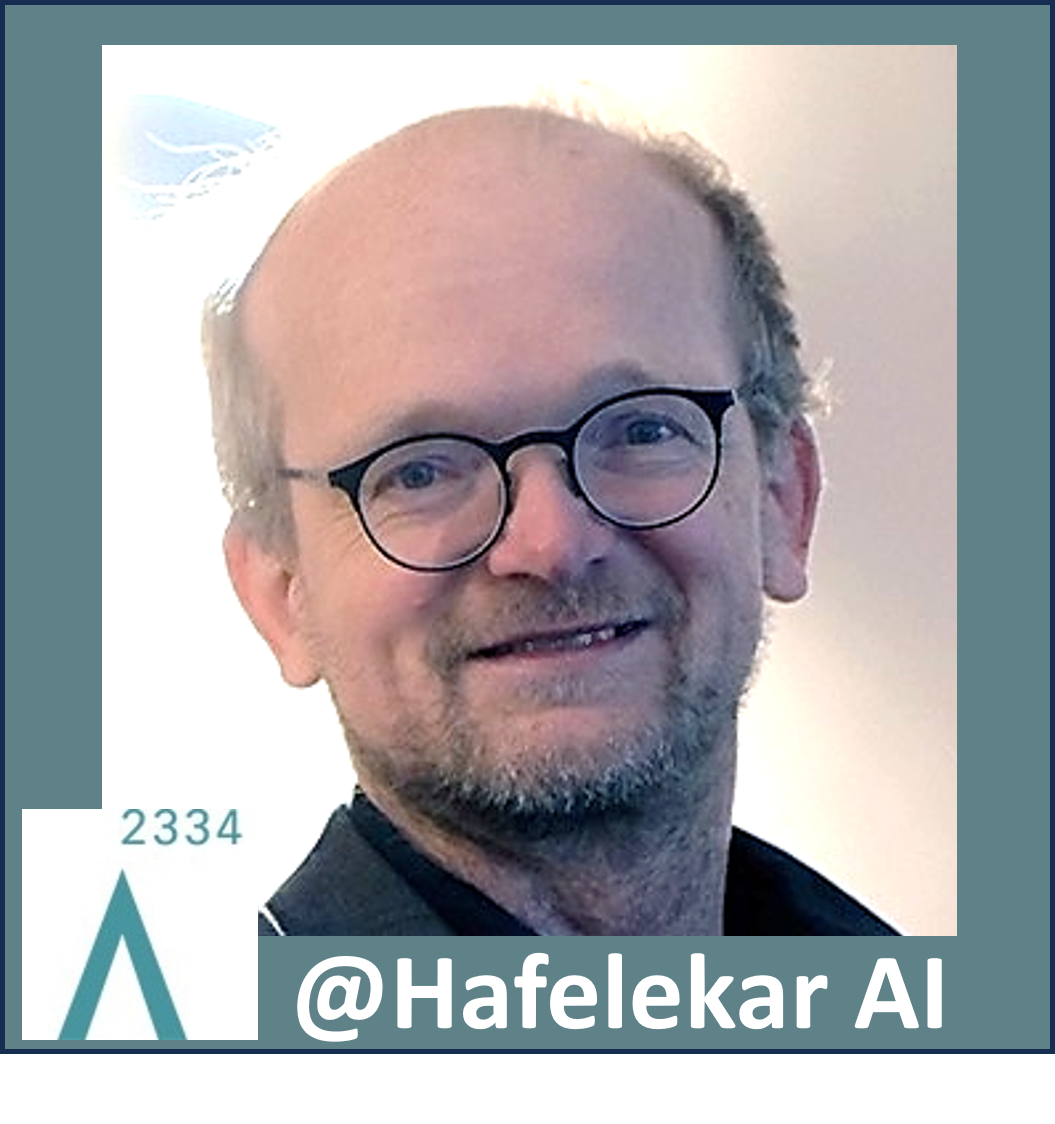
overcoming loneliness
“Loneliness in old age” is a well-known social phenomenon that still receives too little attention. However, the current pandemic clearly shows us that we need to pay more attention to the issue. Older people are increasingly isolated in this situation:Those in care facilities are secluded for their own protection, others have little contact with friends and family or live entirely on their own. People caring for older people are often overwhelmed by the many safety precautions and challenges in their own daily lives. This is also true for family caregivers.
Since October 2020, the international Digi-Ageing consortium has been working on a comprehensive concept that addresses these challenges and develops appropriate measures to counteract the phenomenon of “loneliness in old age”. One of the main goals is to increase competences in the use of digital tools in the elderly care sector and to create a strong network that develops joint solutions.
What we develop
- Research reports on the topic of loneliness in old age
- Creation of a network that specifically counteracts this phenomenon
- Digital diagnostic tool to be able to recognise “loneliness in old age” in good time
- Digital intervention tools for education providers in the field of elderly care, for caregivers, for caring family members and for interested older people themselves
- Curriculum for the Digi-Ageing Training Programme for the Care Sector
How we reach caregivers
Within the framework of the Digi-Ageing project, so-called “pilot trainers” are trained to subsequently conduct training sessions with other interested persons from the field of elderly care. These professionals will then implement the Digi-Ageing method in their own institutions and recruit other interested people.
Project duration
October 2020 to July 2023
Web
www.digi-ageing.eu
Facebook: www.facebook.com/digiageing
LinkedIn: www.linkedin.com/company/digi-ageing
Project Partner
- Hafelekar – Coordinator (Austria)
- UMIT Tyrol (Austria)
- University of Cyprus (Cyprus)
- Materia Group / Agecare (Cyprus)
- Consulenza Direzionale PZ (Italy)
- Asociación Caminos (Spain)
- Mykolo Romerio Universitetas (Lithuania)

This project has been funded with support from the European Commission. This communication reflects the views only of the author, and the Commission cannot be held responsible for any use which may be made of the information contained therein.






